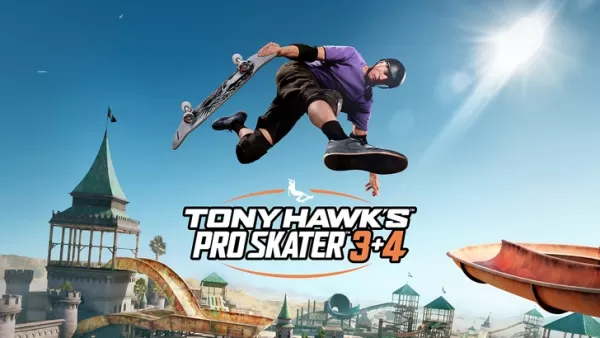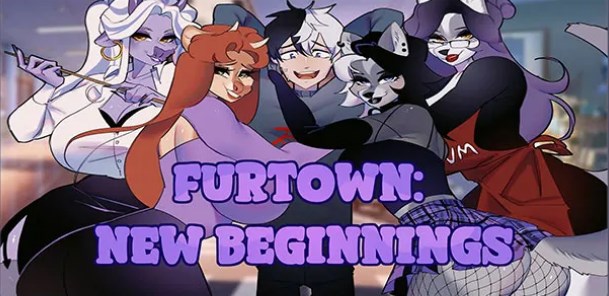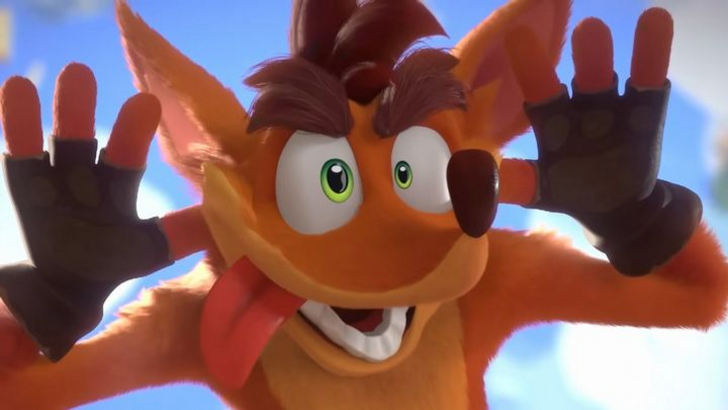 Activision's pivot to live-service games reportedly led to the cancellation of Crash Bandicoot 5. This article delves into the reasons behind the cancellation, exploring Activision's shift in focus and its impact on other projects.
Activision's pivot to live-service games reportedly led to the cancellation of Crash Bandicoot 5. This article delves into the reasons behind the cancellation, exploring Activision's shift in focus and its impact on other projects.
Crash Bandicoot 5: A Casualty of the Live-Service Model
Crash Bandicoot 4's Performance Impacts Sequel Development
Gaming historian Liam Robertson reports that Toys for Bob, the studio behind the Crash Bandicoot revival and Skylanders, had begun pre-production on Crash Bandicoot 5. However, Activision's prioritization of live-service titles resulted in the project's cancellation and reallocation of resources.
The planned single-player 3D platformer, a direct sequel to Crash Bandicoot 4: It's About Time, was in its early conceptual stages. Robertson details proposed storylines and concept art, revealing a setting within a villainous children's academy and the return of familiar antagonists.
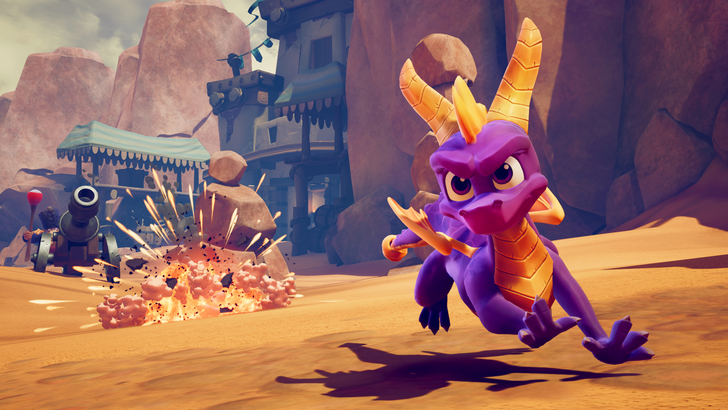 Remarkably, concept art showcased Spyro, another PlayStation icon resurrected by Toys for Bob, as a playable character alongside Crash, battling an interdimensional threat impacting both their worlds. Robertson confirms, "Crash and Spyro were intended to be the two playable characters."
Remarkably, concept art showcased Spyro, another PlayStation icon resurrected by Toys for Bob, as a playable character alongside Crash, battling an interdimensional threat impacting both their worlds. Robertson confirms, "Crash and Spyro were intended to be the two playable characters."
Former Toys for Bob concept artist Nicholas Kole's earlier hints on X regarding a cancelled sequel are now corroborated by Robertson's report, suggesting that Crash Bandicoot 4's perceived underperformance, coupled with Activision's live-service strategy, contributed to the decision.
Activision Rejects Pitches for Other Single-Player Titles
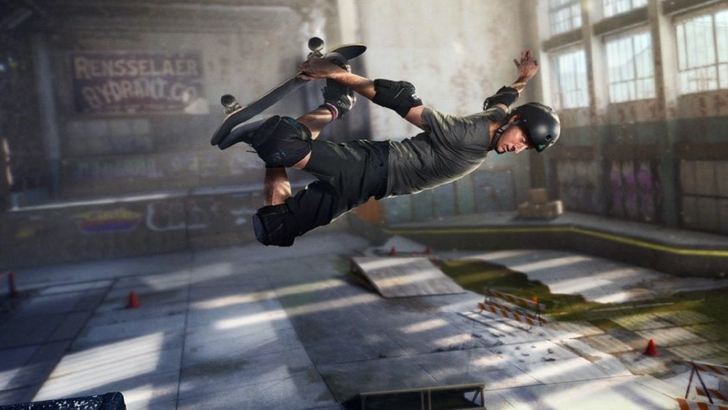 Activision's shift in focus wasn't limited to Crash Bandicoot. Robertson also reports the rejection of a pitch for Tony Hawk's Pro Skater 3+4, a sequel to the successful Tony Hawk's Pro Skater 1+2 remake. Vicarious Visions, the studio behind the remakes, was subsequently absorbed into Activision, diverting its talent to major franchises like Call of Duty and Diablo.
Activision's shift in focus wasn't limited to Crash Bandicoot. Robertson also reports the rejection of a pitch for Tony Hawk's Pro Skater 3+4, a sequel to the successful Tony Hawk's Pro Skater 1+2 remake. Vicarious Visions, the studio behind the remakes, was subsequently absorbed into Activision, diverting its talent to major franchises like Call of Duty and Diablo.
Tony Hawk himself, in Robertson's report, confirms the existence of plans for Tony Hawk's Pro Skater 3+4 before Vicarious Visions' integration into Activision. He explains that, following the absorption, Activision sought alternative developers but ultimately deemed no alternative pitches satisfactory. "The truth of it is [Activision] were trying to find somebody to do 3 and 4, but they just didn’t really trust anyone the way they did Vicarious," Hawk states.




